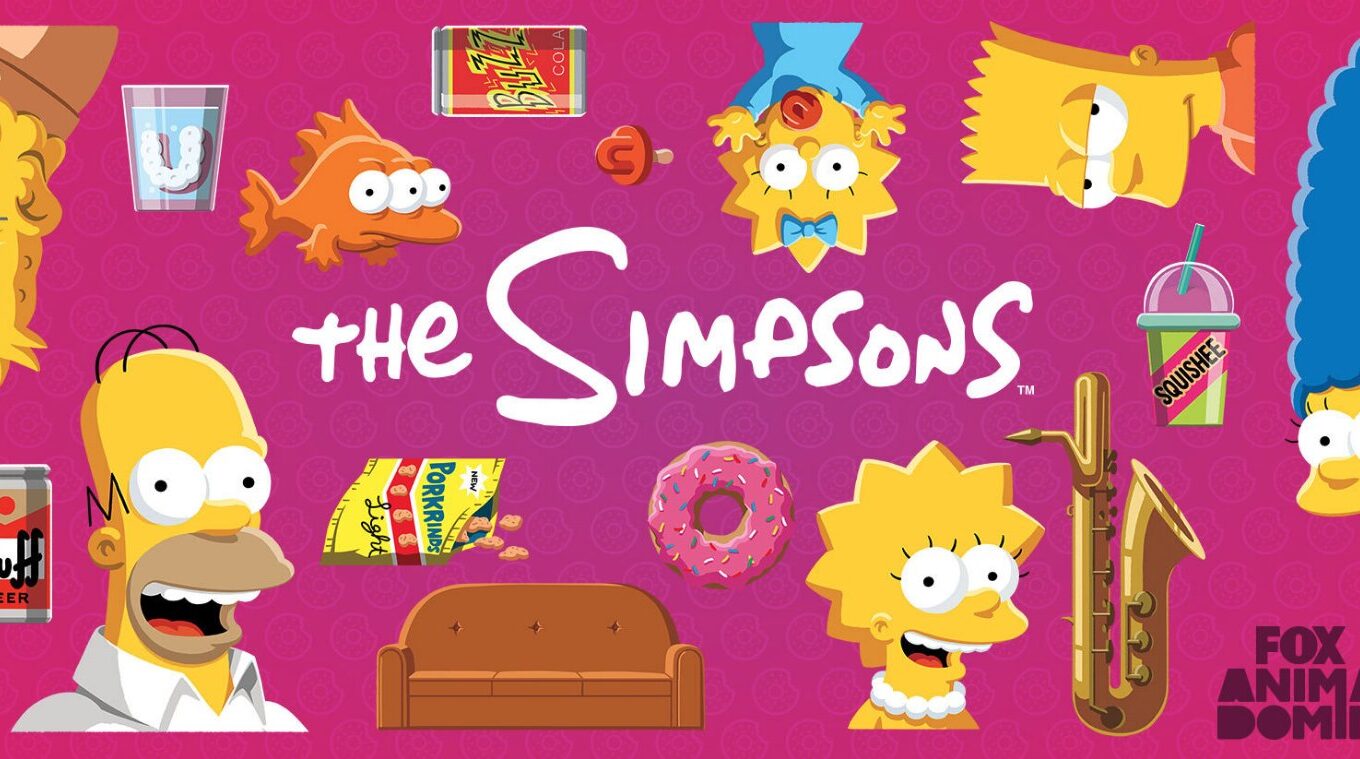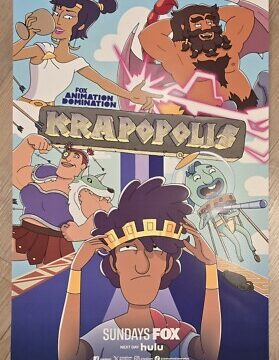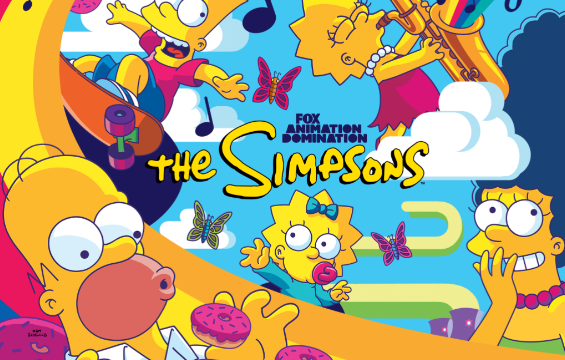Review: The Simpsons “Carl Carlson Rides Again”
Overview
When Carl is smitten by a beautiful Black woman, he looks into the roots of his own identity by discovering the origins of a mysterious rodeo buckle. We learn that Carl is actually a descendant of a line of black cowboys, including his father who was an expert bull rider. When Carl gives bull riding a shot, he learns that maybe being a cowboy is only figuratively in his blood, not literally.
Our Take
Here’s my thing. Having watched The Simpsons for the entirety of its broadcast run, it is still difficult for me to get by the fact that we no longer have Hank Azaria voicing the role of Carl Carlson. For my money, adult animation is about challenging constructs and paradigms, and race, ethnic backgrounds, and the like should all be fair game here both in front of and behind-the-scenes. That said, the producers of The Simpsons have tapped Alex Desert (Mr. Pickles) a long time ago to be the new voice of Carl and while I’ve always been a huge Desert fan, I am still trying to make the adjustment. Alex is a fine voice actor and deserves a ton of work, but for my money, I would’ve been more inclined to see Alex voice an entirely new character that could potentially replace Carl versus BEING Carl altogether. But, here we are, an episode that looks to be more of a “rebirth” of the character.
Though, I have to imagine. If your goal for The Simpsons were to be more politically correct. Wouldn’t your episode, with the goal to rediscover a black character, be written by a black writer rather than Harvard grad Loni Steele Sosthand who is, in fact, a white woman? It’s an interesting conversation. On one hand, the goal is to give women writers more opportunity in show business, which I’m all for. But, for her to be the lead writer on TWO episodes now focused on arguably the show’s two best-known black characters, Bleeding Gums Murphy and now Carl Carlson, it will be interesting to see how the social justice warriors are going to come to terms with this week’s episode.
For me, someone who doesn’t care who voices who or who writes what, I personally think we got one of the fresher episodes of the year. For starters we were introduced to a litany of new characters, we got the deepest we’ve ever gotten into Carl’s past, and Desert’s take on the character is really starting to grow on me. Again, I have to wash away 30 seasons of one of the greatest voice actors of all-time, but the casting choice is working. Add in the fact that we got excellent vocal contributions from Kevin Michael Richardson (where is his Emmy?), the return of John Autry II, and others, and we got ourselves a good one.
I like the additional build-out of cast, Carl’s new love interest is fascinating in that we get to not only see potential storylines featuring more black dynamics, but also that of an older single life which is far more contemporary of the last decade in the face of the more old-fashioned style “wife and three kids” motif that the longest running animated sitcom has been using for the better part of four decades now.
That said, there are definitely a lot of gags that poke fun at extreme liberal stances. Marge’s book on “Caucasian Brittleness” is very much in the vein of the controversial “No Good Read Goes Unpunished” scene featuring Lisa look at a picture of “Apu”, and in some ways can be seen as a response, especially when Marge is sifting through the chapters reading the hilarious titles. Or when Carl is in the bar having a convo with the guys about finding himself, and none of the white characters were allowed to talk about “race” or color” because every time entertainment does this, it’s called “white savior trope”, because the idea that people of different races can come together to solve racism is somehow seen as discriminating to minorities.
Regardless, I enjoyed how The Simpsons tackled a lot of the still touchy subjects presented by this week’s episode. It’s needed. The job of an animated series/cartoon is to present the tough conversations that society is having, and challenge both sides of the equation. The Simpsons do that here, will the conversation follow?













"There are also other characters that come and go (also owned by the Warner Bros. Discovery conglomerate media company)."
Huh. Is that just referring to other characters from the show itself, or is this implying that the new season is going to have cameos from other WBD IPs